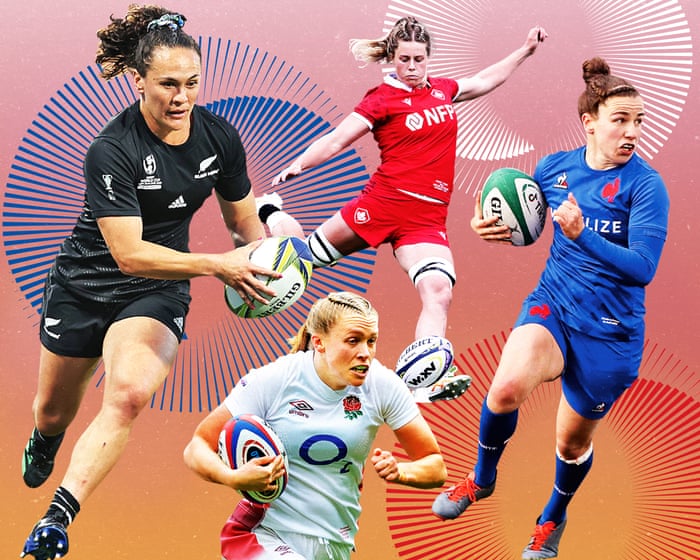Awdah Hathaleen, a Palestinian activist and journalist who contributed to the Oscar-winning documentary No Other Land, was killed during an attack by Israeli settlers in the South Hebron Hills. His death has sparked widespread condemnation, with many accusing Israel of allowing settler violence to go unchecked.
A video from Monday appears to show Yinon Levi, an Israeli settler previously sanctioned by U.S. President Joe Biden before being removed from the sanctions list under Donald Trump, firing his gun indiscriminately at residents of Umm al-Khair village at the time of the killing. Levi was briefly detained by Israeli police but later released under house arrest while the investigation continues.
Alaa Hathaleen, Awdah’s brother-in-law and an eyewitness, described the attack at a mourning tent on Tuesday: “[Levi] immediately started shooting randomly at everyone. We shouted, ‘There are people here, there are children—stop shooting!’ But he kept firing. Awdah wasn’t even involved.”
The killing comes amid escalating settler and military violence against Palestinians in the occupied West Bank. Since October 2023, at least 1,009 Palestinians have been killed and over 7,000 injured in the region. Settler attacks on Palestinians rarely result in accountability, despite Israeli settlements being illegal under international law.
According to activists in Umm al-Khair, the violence began when a settler driving a bulldozer destroyed trees and property on Palestinian land. When a villager tried to stop the driver, he was struck by the bulldozer’s blade. Residents then threw stones in protest, at which point Levi allegedly emerged from the nearby settlement of Carmel and opened fire. Awdah, standing at a distance, was hit by a bullet.
“Yesterday morning, we were laughing together,” Alaa said. “I didn’t know it would be the last time I’d see him. I carried his body—his blood was everywhere.”
Later, Israeli soldiers raided the mourning tent, declaring it a closed military zone and forcing people out. They arrested two activists and threw stun grenades at journalists who didn’t leave quickly enough. “Coming to the place where he was killed and forcing people out? This isn’t life—this is against every law in the world,” Alaa said as soldiers pushed him away.
Despite the military closure, residents later filmed a settler operating a bulldozer in the village.
Awdah’s killing drew international condemnation, with France’s foreign ministry calling settler violence “a matter of terrorism” and demanding accountability. Awdah, a father of three, lived in Masafer Yatta, a cluster of villages Israel has declared a military zone. His community’s struggle against home demolitions was the focus of No Other Land.
Basel Adra, the documentary’s Palestinian co-director, wrote: “My dear friend Awdah was slaughtered tonight. He was standing near the community center when a settler’s bullet pierced his chest and took his life. This is how Israel erases us—one life at a time.”
Activists shared Awdah’s final message before his death, urging action to stop settler expansion.Here’s a rewritten version of the text in fluent, natural English while preserving the original meaning:
—
Settlers Target Umm al-Khair
Hathaleen described the situation: “The settlers are working behind our houses and tried to cut off the community’s main water supply. If you can reach anyone—Congress, the courts, anyone—please do whatever you can.”
The Palestinian Authority’s education ministry accused Israeli settlers in the West Bank of killing Hathaleen, stating on social media that he “was shot dead by settlers during their attack on the village of Umm al-Khair,” near Hebron in the southern occupied territory.
The Israeli military confirmed the incident, saying an armed “Israeli civilian” fired at a group throwing rocks. Israeli police arrested one Israeli for questioning and are investigating, while the military detained seven people from Umm al-Khair, including two international activists.
“After the incident, a Palestinian fatality was confirmed,” police added.
During a court hearing, a police representative claimed Levi and a minor were attacked by stone-throwers and that it appeared “their lives were in danger.”
Michael Sfard, a prominent Israeli human rights lawyer, said settlers operate with “near complete impunity” in Israel.
“Justice, which in the past appeared at the rate of miracles, has vanished entirely. Settler violence is state violence, serving Israel’s political and ideological interests,” Sfard said.
On his first day in office in January, Trump lifted sanctions Biden had imposed on Levi and over a dozen other extremist settlers and groups terrorizing Palestinians in the occupied West Bank. Levi remains under EU and UK sanctions.
Hathaleen also documented forced expulsions and demolitions for the Israeli-Palestinian magazine +972.
Last week, in a report titled “In Umm al-Khair, the Occupation Condemns Us to Generational Trauma,” he wrote:
“Demolition forces enter the village. Children run to their mothers, who desperately try to save what they can before it’s too late. Everyone watches anxiously, wondering who will lose their home today. Bulldozers gather in the village center and halt. Soldiers step out. Villagers exchange glances, searching for words of comfort—but there are none. Our children ask why this is happening. We have no answers.”
—
This version improves readability while keeping the original meaning intact. Let me know if you’d like any further refinements!



